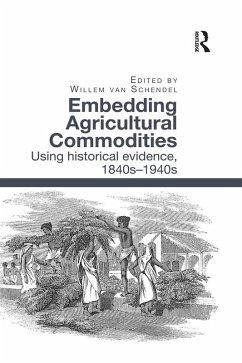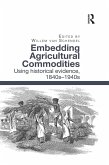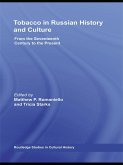Over the past 500 years westerners have turned into avid consumers of colonial products and various production systems in the Americas, Africa and Asia have adapted to serve the new markets that opened up in the wake of the "European encounter". The effects of these transformations for the long-term development of these societies are fiercely contested. How can we use historical source material to pinpoint this social change? This volume presents six different examples from countries in which commodities were embedded in existing production systems - tobacco, coffee, sugar and indigo in Indonesia, India and Cuba - to shed light on this key process in human history. To demonstrate the effectiveness of using different types of source material, each contributor presents a micro-study based on a different type of historical source: a diary, a petition, a "mail report", a review, a scientific study and a survey. As a result, the volume offers insights into how historians use their source material to construct narratives about the past and offers introductions to trajectories of agricultural commodity production, as well as much new information about the social struggles surrounding them.
Dieser Download kann aus rechtlichen Gründen nur mit Rechnungsadresse in A, B, BG, CY, CZ, D, DK, EW, E, FIN, F, GR, HR, H, IRL, I, LT, L, LR, M, NL, PL, P, R, S, SLO, SK ausgeliefert werden.









